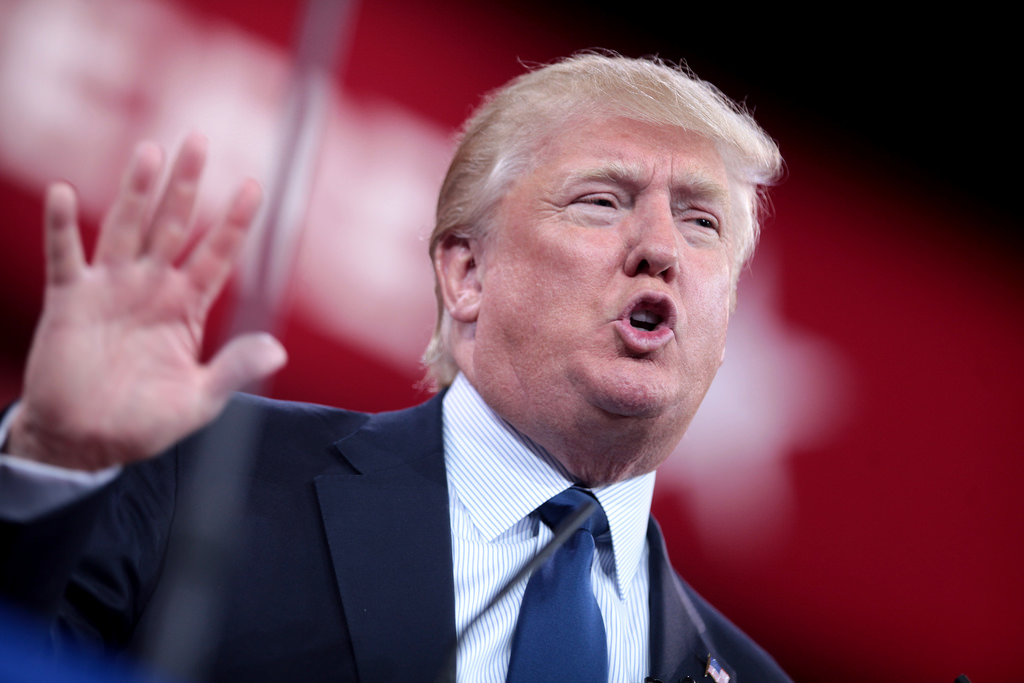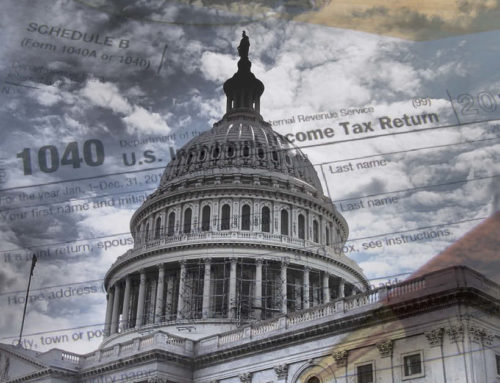The recent news about Donald Trump’s 1995 tax returns has focused public attention on his business practices, his unwillingness to release his tax forms and on the presidential horse race in general. The three pages of state returns, which show a $916 million loss, leave a lot of unanswered questions, including what this revelation will mean for the election. But there are two clear lessons we can take away from this episode. The first and most important: It is high time to reform the tax code.
Under the tax code today and 20 years ago, large, complex businesses can declare enormous losses, reducing their tax liability for a period of years. That’s true for lots of large enterprises like oil and gas companies. In a study of effective tax rates, we at Taxpayers for Common Sense detailed how the oil and gas industry from 2009 to 2013 had an average current tax rate of less than 12 percent, as opposed to the statutory rate of 35 percent.
Allowing business losses to offset liabilities beyond a single calendar or fiscal year reflects the cyclical reality of many businesses. Businesses essentially pay taxes on an “average” of their earnings, which reduces or defers federal tax liabilities – an advantage taxpayers who earn all their income through wages do not enjoy. Trump benefited from a provision permitting him (as a real estate professional) to use losses he reported in 1995 to offset income from other, totally unrelated business ventures. But this is only one of the many provisions allowing large, complex businesses to legally maneuver the system to reduce and avoid tax liability for years – all while enjoying the services the federal government provides, from highway maintenance to military protection.
This absurd result reinforces the pressing need to reform the tax code. It has been 30 years since the last major overhaul of the code, and much has been written about how difficult it is to get this work done. I’ve often said that despite all the partisan discord people in Washington almost all agree two things: It’s time to overhaul the tax code and doing so would be politically impossible.
Which leads me to the second lesson we can learn from the Trump tax revelations. In addition to deciding which presidential candidate can provide the leadership required to reform the tax code and otherwise lead the country at home and abroad, voters must also focus on the task of electing 535 members of Congress. Electing a Congress willing to seriously tackle tax reform is critical.
But instead of complaining how hard this work might be, let’s look at what it would actually take to overhaul the tax code. At a recent event my organization held in Washington to commemorate the 30th anniversary of the Tax Reform Act of 1986, a clear message emerged: To achieve reform, members of Congress must be willing both to work diligently to master the details of policy and to compromise with their colleagues in the opposite party.
|
For privacy reasons YouTube needs your permission to be loaded. |
| Ryan Alexander appearing on Anderson Cooper 360 to talk tax reform |
Such commitment and cooperation is particularly important to me and my colleagues at Taxpayers for Common Sense, where we spend our days thinking about the difficult choices that must be made to put the country on a stronger fiscal footing. Congress famously has the power of the purse. The tax code can only be rewritten by Congress. Appropriations bills can only be passed by Congress. It matters who is elected president. But please, let’s press candidates for Congress about how they would like to see the tax code change – and just as important, how they would go about getting the work done. It’s time for action, not talk.










